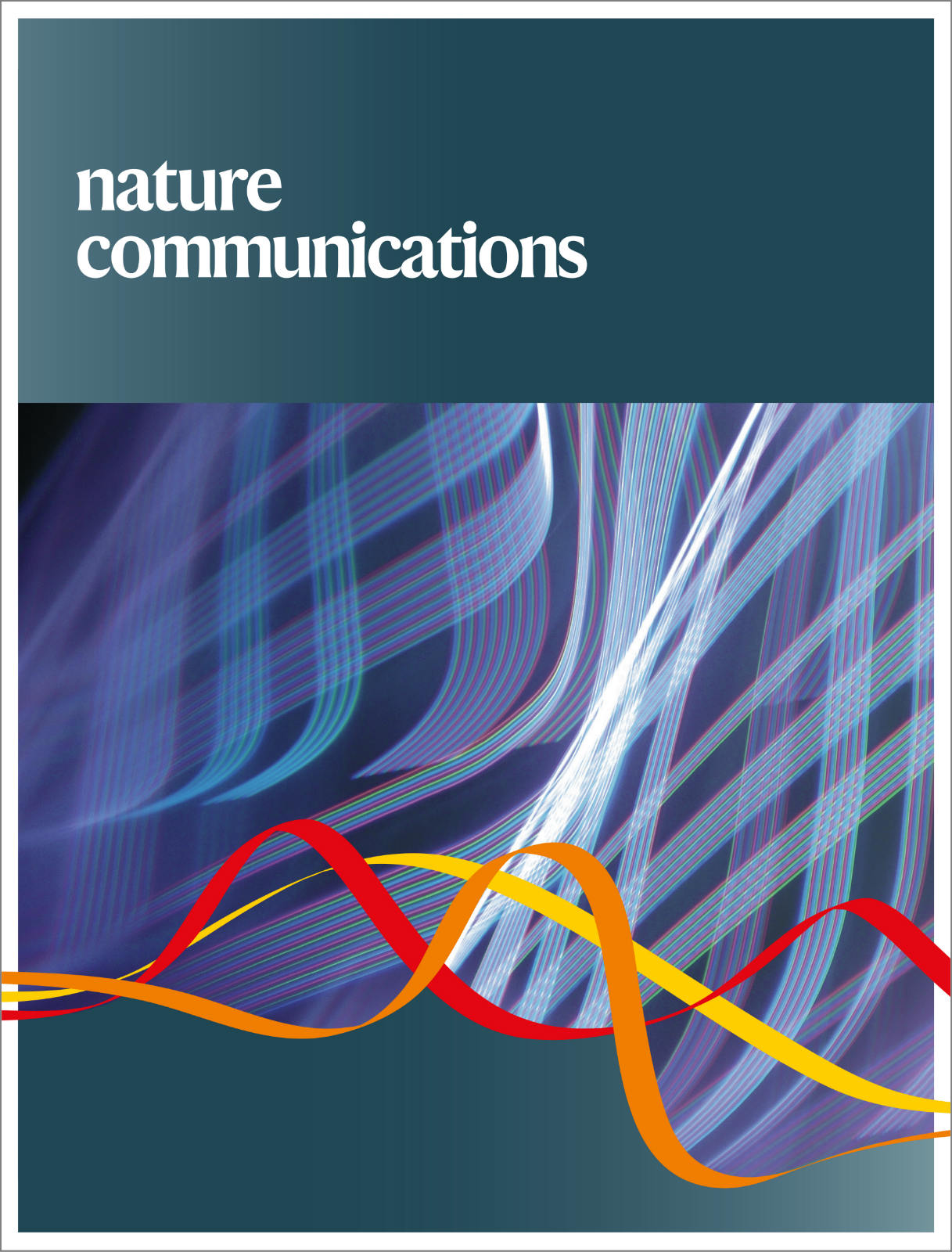Neoantigen enriched biomimetic nanovaccine for personalized cancer immunotherapy.
IF 14.7
1区 综合性期刊
Q1 MULTIDISCIPLINARY SCIENCES
引用次数: 0
Abstract
Personalized cancer vaccines elicit robust T cell immunity and anti-tumour potency, but identifying tumour-specific antigens remains challenging, severely constraining the therapeutic window. Biomimetic nanovaccines employing cancer cell membranes display inherent biocompatibility and stimulate T-cell responses against diverse tumour antigens, though tumours develop multiple mechanisms to reduce antigen presentation. Here we demonstrate a rapid and general strategy to fabricate personalized nanovaccines based on Antigen-Enriched tumor Cell Membranes (AECM) for early intervention. Interferon-γ potently stimulates antigen presentation across a broad range of cancer cell types. By coupling the generated AECM with PC7A adjuvant, a stimulator of interferon genes (STING)-activating polymer, the AECM@PC7A nanovaccine induces robust poly-neoepitopic T-cell responses even at low dosage, achieving significant tumour regression and metastasis inhibition in multiple murine cancer models. This anti-tumor response relies on MHC-I restricted antigen presentation and CD8+ T-cell activation, with dendritic cells presenting AECM antigens predominantly via cross-dressing to prime T-cells. AECM@PC7A exhibits remarkable anti-tumor efficacy when compared to vaccines with diverse formulations, and demonstrates therapeutic potential in post-surgical and humanized xenograft tumor models. This proof-of-concept study provides a promising universal avenue for the rapid development of personalized cancer vaccines applicable to early intervention for a broad range of patients.用于个性化癌症免疫治疗的新抗原富集仿生纳米疫苗。
个体化癌症疫苗可引发强大的T细胞免疫和抗肿瘤效力,但识别肿瘤特异性抗原仍然具有挑战性,严重限制了治疗窗口。采用癌细胞膜的仿生纳米疫苗显示出固有的生物相容性,并刺激t细胞对多种肿瘤抗原的反应,尽管肿瘤发展出多种机制来减少抗原呈递。在这里,我们展示了一种快速和通用的策略来制造基于抗原富集肿瘤细胞膜(AECM)的个性化纳米疫苗,用于早期干预。干扰素-γ能刺激抗原在多种癌细胞类型中的递呈。通过将生成的AECM与干扰素基因(STING)激活聚合物的刺激剂PC7A佐剂偶联,AECM@PC7A纳米疫苗即使在低剂量下也能诱导强大的多新表位t细胞反应,在多种小鼠癌症模型中实现显著的肿瘤消退和转移抑制。这种抗肿瘤反应依赖于mhc - 1限制性抗原呈递和CD8+ t细胞活化,树突状细胞主要通过向初始t细胞变装呈递AECM抗原。AECM@PC7A与不同配方的疫苗相比,具有显著的抗肿瘤功效,并在手术后和人源化异种移植肿瘤模型中显示出治疗潜力。这项概念验证研究为快速开发适用于广泛患者早期干预的个性化癌症疫苗提供了一条有希望的通用途径。
本文章由计算机程序翻译,如有差异,请以英文原文为准。
求助全文
约1分钟内获得全文
求助全文
来源期刊

Nature Communications
Biological Science Disciplines-
CiteScore
24.90
自引率
2.40%
发文量
6928
审稿时长
3.7 months
期刊介绍:
Nature Communications, an open-access journal, publishes high-quality research spanning all areas of the natural sciences. Papers featured in the journal showcase significant advances relevant to specialists in each respective field. With a 2-year impact factor of 16.6 (2022) and a median time of 8 days from submission to the first editorial decision, Nature Communications is committed to rapid dissemination of research findings. As a multidisciplinary journal, it welcomes contributions from biological, health, physical, chemical, Earth, social, mathematical, applied, and engineering sciences, aiming to highlight important breakthroughs within each domain.
 求助内容:
求助内容: 应助结果提醒方式:
应助结果提醒方式:


